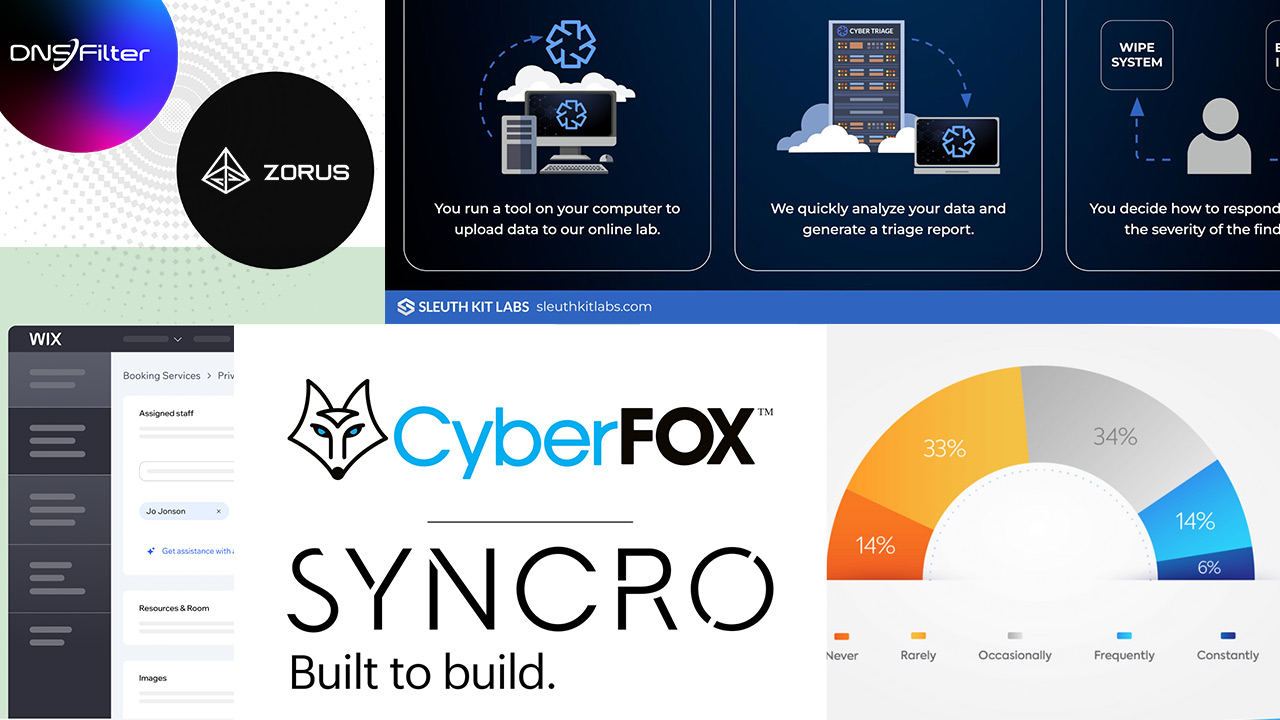Ping Identity, the leader in Identity Defined Security, announced its capabilities framework and practical guidance for adopting a†Zero Trust†security strategy. This framework provides reliable direction to companies in any stage of the Zero Trust maturity process to help enable a broad range of use cases and technology integrations. It also includes innovative ways to support secure access to anything, by anyone, from anywhere on any device.
A Zero Trust Framework Designed for the Enterprise
The Ping Identity model provides numerous starting points for architecting Zero Trust security within the realms of strong authentication, endpoint security, network security, workload security, data security, and transaction security. In addition, Ping offers guidance ranging from advising security leaders on the transition process to Zero Trust, to providing security practitioners paths to configure key Zero Trust elements, starting with strong identification and authentication.
In fact, Ping has established multiple partnerships to support its Zero Trust framework and continues to develop this network of technology partners to serve the security needs of enterprise digital transformation projects, such as multi-cloud deployments, secure partner access, and API first initiatives. Some of the companies that Ping Identity has partnered with to establish Zero Trust include ID DataWeb, iovation, a TransUnion company, and MobileIron:
- “Zero Trust is all about verifying that your users are who they say they are – both upfront and on an ongoing basis,” says Matt Cochran, VP of product & operations for ID DataWeb. “The key to adoption is taking an approach that does not sacrifice user experience by finding the right balance of strong upfront identity verification, passive environmental risk analysis, and adaptive MFA challenges. Ping Identity and ID DataWeb’s combined solution allows companies to establish a strong Zero Trust foundation on top of their existing identity investments, which is key for success.”
- “When done right, Zero Trust security can minimize both risk and friction for good customers, and that’s just what the partnership between Ping Identity and iovation accomplishes,” said Jon Karl, EVP of corporate development and co-founder at iovation. “Our joint customers have the ability to leverage thousands of attributes to accurately recognize devices and assess their trustworthiness while also watching for mismatches and high-risk activity from specific time zones, regions and IP addresses.”
- “Our partnership with Ping Identity allows us to augment the single-sign-on experience in a mobile-friendly way that brings Zero Trust security to all devices,” said Brian Foster, SVP of product management, MobileIron. “This mitigates the risk of corporate resources being accessed from mobile and desktop devices and ensures that all devices, applications, users, and networks meet compliance requirements through Zero Trust principles.”
New Zero Trust Webinars and Recordings Available
The company recognizes that organizations embarking on digital transformation initiatives are in various stages of Zero Trust maturity. This means providing different types of secure access, each of which has a distinct set of security requirements. To learn more about the Ping Identity Zero Trust framework, listen in to several upcoming webinars and recordings:
- The recording of “How to Broaden Enterprise Security with Zero Trust Access“†shares how Zero Trust adoption can benefit security and business leaders, while providing an overview of common challenges and where to get started on a Zero Trust journey.
- The recording of “Zero Trust and Building Identity for an Open Perimeter at Netflix” provides a concrete example and discussion of how a cloud-first company has applied principles from the Ping Identity Zero Trust model toward making identity the new security perimeter.
- The recording of “How to Architect API Security for Zero Trust” offers deep guidance on common API vulnerabilities and ways a Zero Trust approach can fill the gaps.
- The June 11 webinar “CIAM Assessments, Blueprints, and Roadmaps for Zero Trust Security” will explore the role of identity in Zero Trust deployments and how an assessment can help enterprises understand which capabilities are required to enable secure employee, partner, and customer access.











